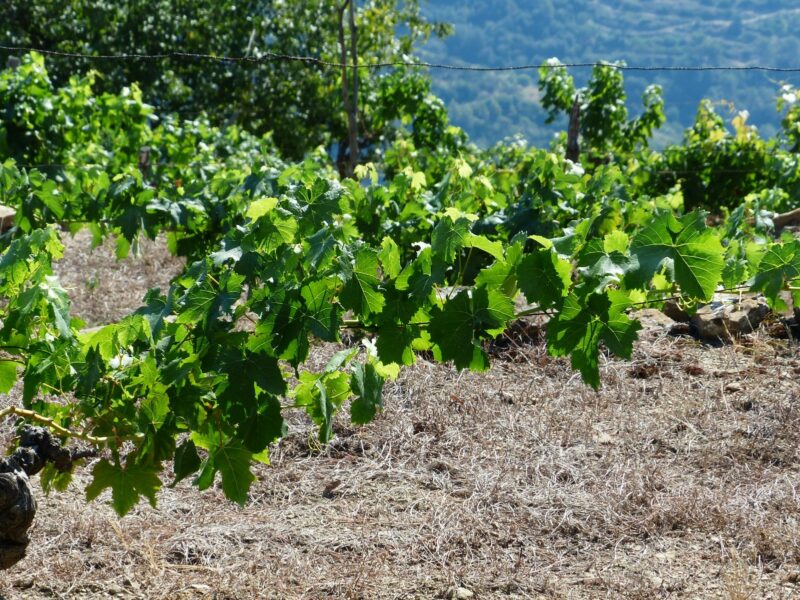
The Glory that Steps Down
Holy Thursday. Fr Vivian Boland preaches on the profound sign of a wonderful reality.
Have you ever tried to get a dog to look at the moon? Whatever you do or say the dog is more likely to look at your finger. Dogs don’t seem to get it, the difference between the sign that points to something and the thing to which it points.
Human beings do get it. We understand signs and symbols because we know how language works. We know for instance that just re-enacting the ritual of foot washing once a year is not what Jesus intended when he told his disciples to imitate his example. To think we were doing what he asked just by miming this action would be like looking at the finger instead of the moon.
He does, of course, say:
If I, the Lord and Master, have washed your feet, you should wash each other’s feet.
As I have placed myself completely at your service, you should serve one another with comparable generosity. We call today Maundy Thursday from the Latin ‘mandatum’, commandment. The commandment in question is that the disciples are to love one another as Jesus has loved them. The foot washing illustrates it, dramatically.
All the many ways in which love serves others are included in what is meant by the washing of feet. For some people it literally involves foot washing — in hospitals and homes for the elderly it means giving this tender service to the sick and the aged. In accidents and disasters, or in times of war, it may mean washing away not just the dirt and tiredness of the day but mud and blood. It may mean binding and healing wounds, comforting the sorrowful, lending a hand to the over burdened, helping out and being available. There is an infinite number of ways in which we can fulfil this command.
But there is more to be said. Jesus is not just an ethical teacher giving us an example, illustrating his teaching, as it were, with an acted parable. Sometimes people try to reduce the Christian religion to this, the moral teaching of a very good man. We believe him to be a lot more than that and his teaching therefore to have far more radical significance.
During the foot washing Jesus took off his outer garment and he put it on again. Early Christian teachers saw in these simple and necessary actions signs of something mysterious, even earth shattering.
Jesus emptied himself and was exalted. He stepped down and was taken back up. He had come from God and was returning to God. He humbled himself taking the form of a servant. He humbled himself further by dying on the cross. He even translated his love into bread and wine, ‘placing himself in the order of signs’, as the Welsh poet David Jones puts it. The eternal Word steps down from his seat of glory to wash the feet of creatures he has made.
Peter, as so often, says he does not get it and refuses to have his feet washed. But then you will have nothing in common with me, Jesus tells him. Peter, ever impulsive, says ‘okay, then wash my hands and my head as well’.
To have a part in Jesus, to belong to him, to have something in common with him ? this thought leads us to the other symbolic action of the last supper, the one we re-enact every day, the blessing of the bread and the cup. Whenever we eat this bread and drink this cup, St Paul reminds us, we are proclaiming his death. For the bread is a communion with the body of Christ and the cup a communion with his blood.
Our participation in the Eucharist makes it possible for us to love in the way he commands. If he were just an ethical teacher we would have the guidance of his teaching and the inspiration of his example. But he is also our Lord and Master, our Saviour and Redeemer, and so we have much, much more.
Through faith and the sacraments of love he shares his life with us so that we come to live by his Spirit. The love with which he has loved us is now in us so that we may love one another with that selfsame love.
Human pride, for the most part, does not get it. We look at fingers and miss the moon. But human pride is undone by the humility of God. Jesus’ way of humility and service finally shows us what love is. In the three-day celebration of his life-giving death and resurrection we are invited to be witnesses of his glory, the glory of the only Son from the Father, full not only of truth but also of grace.


